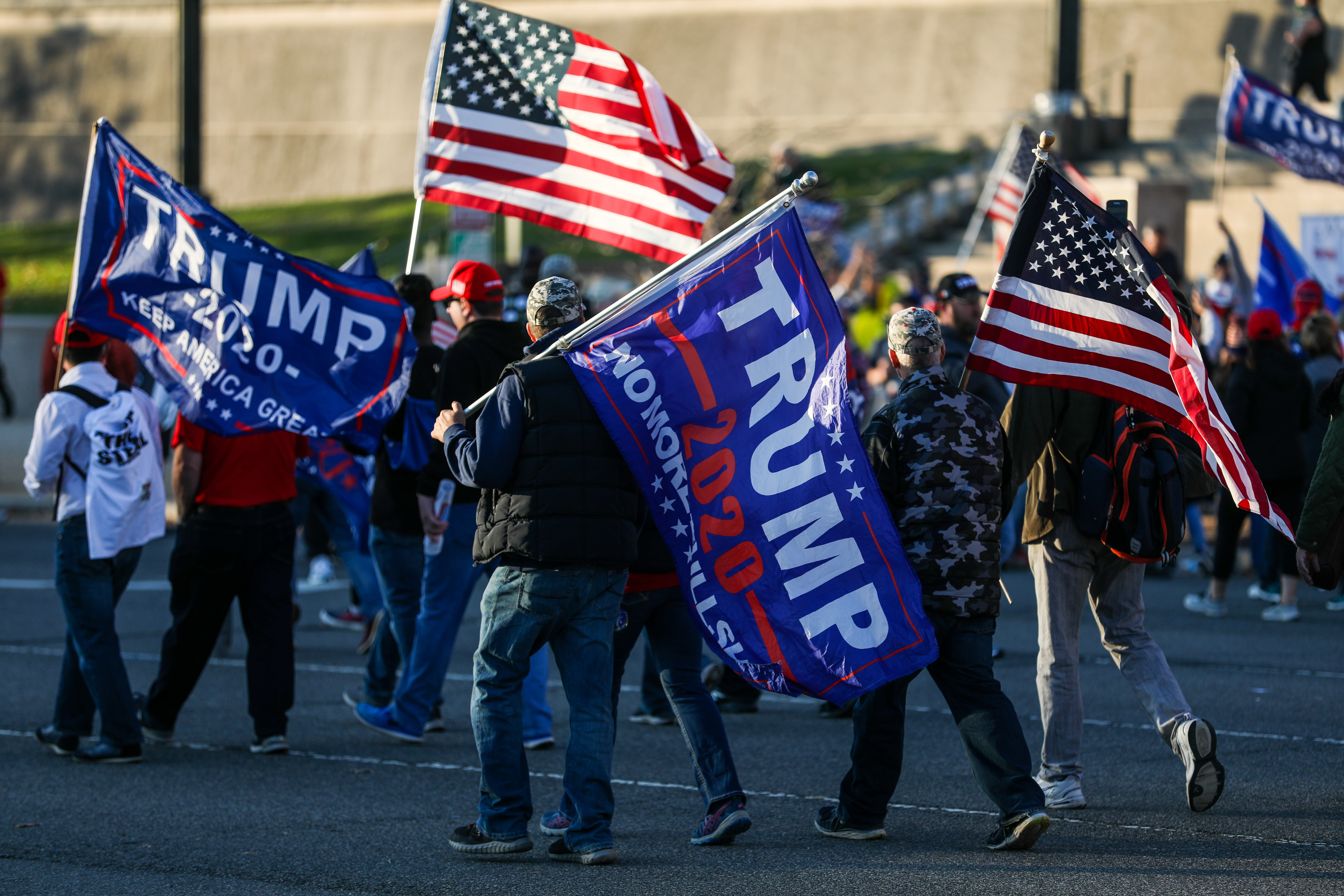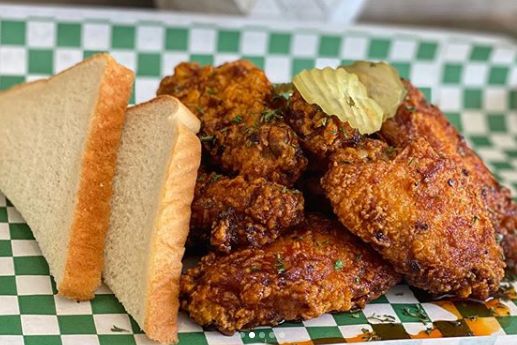From H-E-B Sushi to Boba Tea, Tariffs Are Driving Up Houston’s Food Costs

In Houston kitchens, the cost of seafood, takeout boxes, and other ingredients is climbing fast. The culprit? A sweeping wave of tariffs under President Donald Trump is driving up prices on imported goods from nearly every corner of the globe. From salmon flown in from Scotland to mangoes and avocados trucked in from Mexico, imports fuel the city’s menus and the staples within our kitchens. But, as tariffs take their toll, local food businesses and restaurateurs are scrambling to adapt before they’re forced to pass costs to customers.
In April, Trump imposed tariffs of 10–41 percent on goods from dozens of countries, a move he says will broker better trade deals for American industries. The hikes—on everything from seafood to takeout containers—have triggered months of negotiations, retaliatory tariffs from allies, and shifting rates. China saw an initial 145 percent tariff, later reduced to 30 percent after threats of a 125 percent duty in return. Mexico and the EU have faced rates of 25 and 30 percent, respectively, which have fluctuated amid ongoing tax talks, while countries like Myanmar, Laos, Syria, Brazil, and Switzerland exceed 30 percent.
Houston is especially feeling the squeeze. Higher rates on perishable goods and manufactured items are inflating operating costs for restaurateurs, caterers, and even grocers across the city. With high prices becoming the new norm, business owners are turning to new solutions.
At Asiatown restaurant Tapioca House, a Diho Square café known for its affordable bubble tea and Taiwanese snacks, the numbers are stark. Owner Tommy Ho sources ingredients and supplies like avocados, chopsticks, and even bento boxes from countries like China, Taiwan, and Mexico. Prices for bento boxes have jumped by 50 percent, and Ho says suppliers expect to raise the price even more, especially if trade wars continue. Even machinery costs have surged: Ho’s new tea brewing machine, imported from Taiwan, cost $5,000. Similar machines, Ho said, typically range from $3,600 to $4,000.
While revenue is down from last year, the café still hasn’t raised prices in at least two years. “We don’t want to increase too much because we still want to be affordable,” Ho says, but with import duties looming, raising the prices might be inevitable.
Across town at Blodgett Food Hall, Sunny Bertsch runs Kaisen Sushi HTX, his ghost kitchen and newly debuted sushi stall built on the promise of generous portions of quality seafood at an affordable price. Kaisen typically imports its fish from a variety of global purveyors, including salmon from Scotland and fresh catches from Tokyo’s Toyosu Fish Market, but the tariffs are upending this model.
Initially, Bertsch says the restaurant absorbed the 8 percent tariff on Japanese fish while the US and Japan negotiated rates. In early August, the talks resulted in a 15 percent tariff on Japanese goods, including fish imports, and a 10 percent tariff on Scottish salmon, which his fish supplier is currently absorbing. After months of economic uncertainty, he says, “we’re just in a holding pattern.”
He recalls the first night he noticed the exorbitant prices. He stared at invoices and pored over his books, trying to make sense of his accounts. “I didn’t make enough money, but I ran out of fish. That’s not supposed to happen,” he remembers thinking. “You’re not supposed to lose money and not have fish leftover.”
Since then, Bertsch has raised prices by 15 percent to match Japanese rates since Kaisen’s opening in July. He’s posted Instagram updates almost daily, explaining his sushi stall’s new prices and candidly sharing with his followers the financial challenges that he says stem from the tariffs.
For Houston caterer Tokyo Gardens Catering, fresh fish imports are also nonnegotiable. The smallish business and supplier behind H-E-B’s signature Sushiya offerings provides the sashimi, onigiri, and sushi rolls to the Texas grocery giant. “Everything that’s imported is impacted, and then everything we bring in domestically is impacted indirectly,” says Robert Gondo, Tokyo Gardens Catering’s co-president. According to Gondo, while the sushi rice is sourced from California, several products in H-E-B’s sushi, including wasabi, pickled ginger, and nori, are imported from other countries, including Japan, Vietnam, and South Korea, the latter of which recently negotiated trade deals with the US. Prices for these goods have all risen in cost by 15 and 20 percent since April, Gondo says.
Gondo and the TGC team scrambled for solutions for weeks starting in early April, looking for ways to reduce costs, including buying pre-tariff items in bulk and securing longer-term contracts with suppliers. “The math just cascades all the way down to our bottom line,” he says. Nowadays, the pauses and extensions to some tariffs have been a relief, but he knows that these fixes may only be temporary. “We’re working [on] efficiencies, any kind of clever things that can soften the blow,” he adds.
Many Houston restaurants and food purveyors are trying to get creative and strategic. At Tapioca House, Ho froze batches of fresh fruit for smoothies to stretch their shelf life and bought pallets of takeout boxes ahead of the tariffs, stocking up for six months. “After that six-month supply, we’re out to pay extra,” he says. Bertsch saved money by switching to a new packaging supplier for boxes and to-go bags. Now, he orders custom-made containers directly from manufacturers on Alibaba, a Chinese online wholesale distributor, which he says is faster and cheaper.
For now, Bertsch, Gondo, and Ho check headlines daily for tariff updates and stay in close contact with suppliers, hoping for relief. But the uncertainty is constant.
“The last thing we want to do—and I hope that we never have to do this—is to have it affect our customers,” Gondo says. “So, we’re absorbing a lot of that. We’re feeling that impact.”




